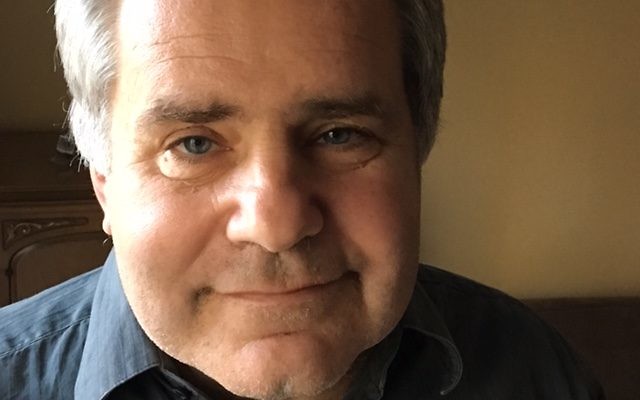Judaism and Islam: Similar but Divergent
Guest Column by Rabbi Richard Baroff
We live in an age of fear, mostly of Islamic extremism. We look for common ground with the majority of Muslims, who are peaceful and want to quietly fit into modern society. Given that Islam shares much in common with Judaism, one must sadly ask: Why isn’t the world doing better than it is?
There is no doubt Muhammad was inspired by his contact with Judaism and Christianity. It also is clear that he patterned his new religion, Islam, after Judaism.
He received the series of Quranic revelations from Gabriel (Jibril), an archangel in rabbinic lore. Daily prayer was fixed at five times a day, compared with three times for Jews. Like the Jew, the Muslim was to face Jerusalem in prayer, although that later was changed to Mecca.
Jews within the tiny land of Eretz Yisrael were to make a pilgrimage, the chag, to Jerusalem’s Temple three times a year: Passover, Shavuot and Sukkot. Muslims worldwide were required to make a pilgrimage, the hajj, to Mecca once in a lifetime if possible.
The Quran contains many of the narratives and figures found within the Hebrew Scriptures, albeit in altered form. Both faiths trace their lineage back to Abraham/Ibrihim, as do Christians. That is why the great religions of the Western world — Judaism, Christianity and Islam — are referred to as the Abrahamic faiths.
Prophecy, the defining characteristic of biblical religion, is central to Islam. Moses/Musa and Jesus/Isa are important prophets to Muslims. Muhammad is “the seal of the prophets.”
The oneness of G-d is proclaimed as a watchword in both the Shema (“the Lord is one”) and the Shahada (“There is no G-d but Allah”). In both religions this one G-d is creator, revealer and redeemer. Both Judaism and Islam affirm that a covenant exists between G-d and those who follow the divine will.
The idea of shariah follows the philosophy of halachah: G-d’s will takes the form primarily of law. Both Islamic legislation and the rabbis developed complex traditions of legal interpretation. Shariah under extremists (e.g., the Taliban) is a form of totalitarian political control. There is, of course, no such role for halachah in any Jewish community.
For Jews, the doctrine of herem (in effect, holy war) is found only in the Bible, principally in the Book of Joshua. It is restricted to the seven Canaanite peoples living in the land of Israel who must be destroyed as part of the conquest.
For Muslims, jihad (holy war) was the means to carve out a massive caliphate in the Middle Ages. Although jihad as an internal struggle against the evil does exist, many Islamists today practice jihad as an external holy war. (Medieval Christians also practiced holy war.) No form of Judaism advocates herem as holy war today.
The current jihadi threat to Israel, the United States and Europe is the product of the doctrine of medieval Islamic holy war.
What has gone wrong? Judaism and Christianity were transformed by the Enlightenment from roughly 1650 to 1800. The Enlightenment was a reaction to the religious wars between Protestants and Catholics in the 1500s and 1600s. Christianity separated politics and science from religion in a way Islam never did. Judaism experienced an enlightenment, Haskalah, a little latter (1780s to 1880s).
In the 19th century a few Islamic scholars tried to create a Muslim enlightenment closely related to the Salafist movement. It largely backfired, leading to the Muslim Brotherhood and other forms of political Islam that advocate jihad. In Indonesia, however, this impulse did lead to a movement for Islamic rationalism and tolerance.
The fact that Islam did not transform itself since 1800 in accordance with modernity explains the appeal of Islamic State, al-Qaeda, Hamas, Boko Haram, the Taliban and many other extremist groups.
Many leaders in the world of Islam want such a transformation. We should want it too. Such a change would go a long way toward securing peace for Israel and security for the West. The future of humanity depends on those leaders’ success.
Rabbi Richard Baroff leads Guardians of the Torah.





comments